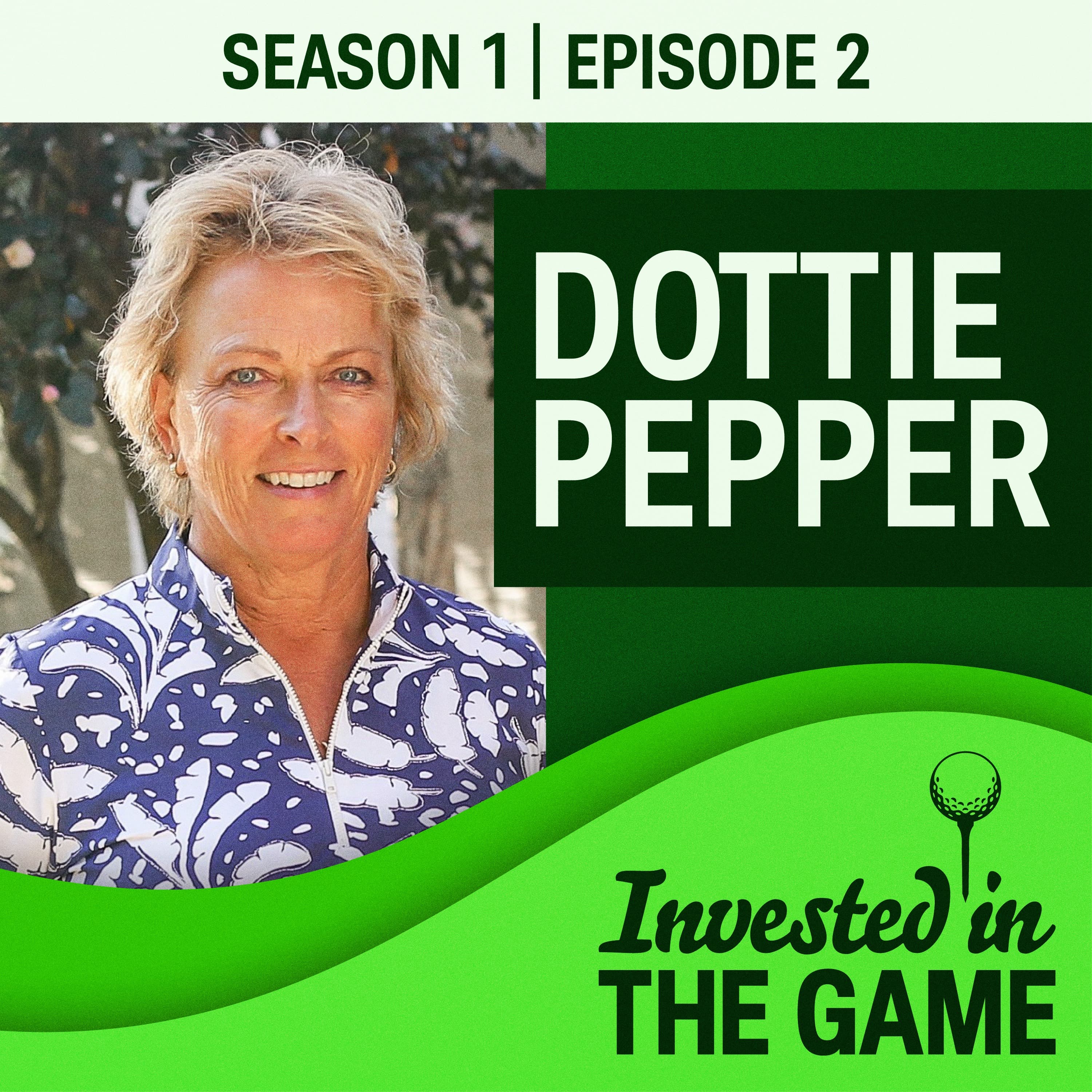In this episode, Mason Reed sits down with CBS broadcaster and LPGA legend Dottie Pepper. She reflects on her journey from a young girl introduced to golf by her grandmother to becoming a professional golfer and lead walking reporter for CBS Golf.
Dottie shares nostalgic memories of her early experiences in golf, the influence of her family, and the challenges of navigating expectations in youth sports. Dottie discusses the pressures of being labeled a prodigy, the love-hate relationship with the game, and her transition into broadcasting, where she emphasizes the importance of effective communication and continuous improvement. In this conversation, Mason and Dottie delve into the intricacies of broadcasting, particularly in the realm of golf. They discuss the importance of making the broadcast about the competition rather than the broadcaster, emphasizing the need for thorough preparation and authenticity. Their dialogue also touches on the balance between sharing personal opinions and presenting factual information, as well as reflections on career milestones and the future of golf, highlighting its growth and inclusivity post-COVID.
Check out Dottie's book Letters to a Future Champion: My Time with Mr. Pulver.
Invested in the Game is an original podcast from Charles Schwab.
If you enjoy the show, please leave a rating or review on Apple Podcasts.
Check out more episodes.
The comments, views, and opinions expressed in the presentation are those of the speakers and do not necessarily represent the views of Charles Schwab.
Data contained herein from third party providers is obtained from what are considered reliable source. However, its accuracy, completeness or reliability cannot be guaranteed and Charles Schwab & Co. expressly disclaims any liability, including incidental or consequential damages, arising from errors or omissions in this publication.
All corporate names and market data shown above are for illustrative purposes only and are not a recommendation, offer to sell, or a solicitation of an offer to buy any security.
Investing involves risk, including loss of principal.
Apple, the Apple logo, iPad, iPhone, and Apple Podcasts are trademarks of Apple Inc., registered in the U.S. and other countries. App Store is a service mark of Apple Inc.
Spotify and the Spotify logo are registered trademarks of Spotify AB.
